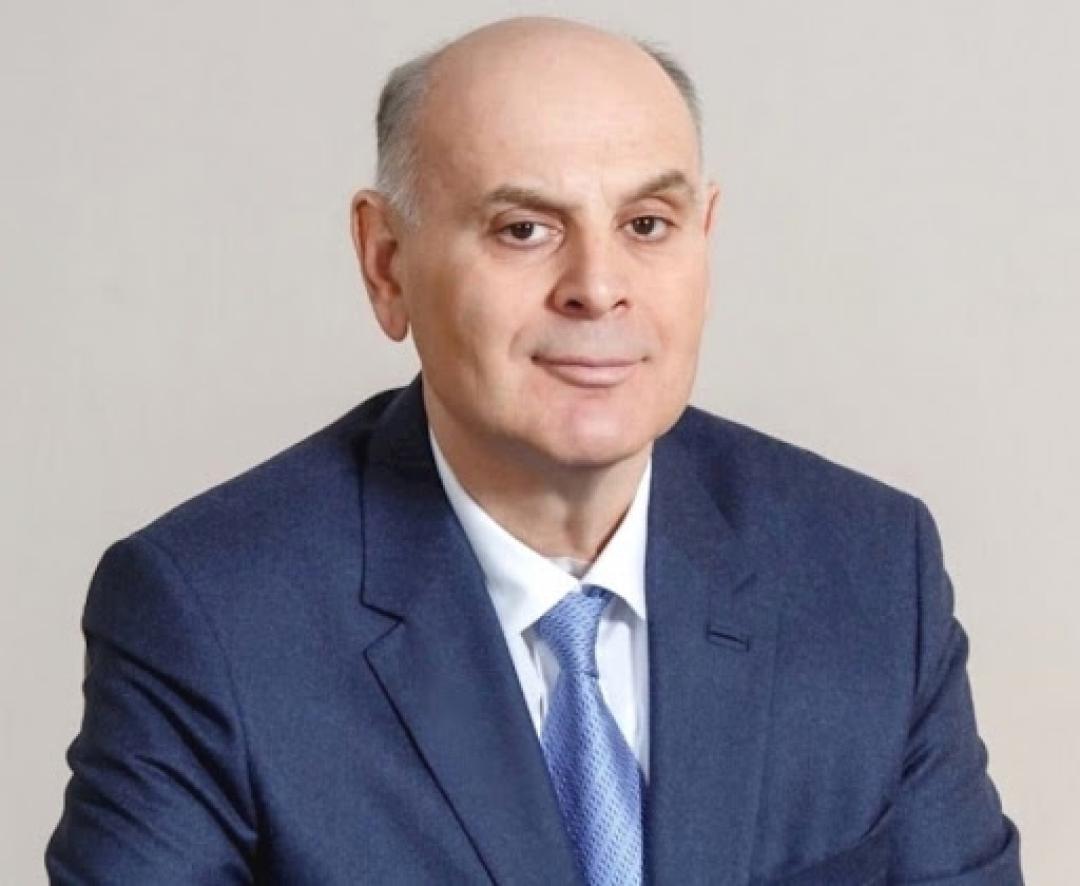
Abkhazia's Separatist Leader Warns Against Jeopardizing Relations with Russia, Stresses "Statehood Importance"

On February 15, Aslan Bzhania, the de-facto President of the separatist Abkhazia, presided over the board meeting of the General Prosecutor's Office of Abkhazia, where he addressed the outcomes of supervisory bodies' work for the year 2023. During the meeting, he highlighted the importance of maintaining strong relations with Russia and cautioned against actions that could jeopardize these ties.
Bzhania underscored the significance of strengthening Abkhazia's statehood, emphasizing that the state is the common home of its people. He pointed out the precarious situations faced by nations that have lost their statehood and stressed the need for unity in safeguarding Abkhazia's [the unrecognized] sovereignty.
The de-facto president drew attention to the challenges posed by external pressures and unfriendly actions towards Abkhazia, particularly noting factors that negatively impact friendly relations with Russia, the country's primary strategic partner. He expressed concern over forces within Abkhazia that undermine these crucial relations, labeling such actions unacceptable.
Bzhania warned against the destabilizing effects of actions that hinder Abkhazia's development and emphasized the importance of countering efforts aimed at disrupting interstate relations with Russia. He characterized attempts to undermine Abkhazia's statehood through information attacks as deliberate and harmful to the country's stability.
As previously reported by Caucasus Watch, the de facto Foreign Ministry of occupied Abkhazia has received a protest letter from the Russian Foreign Ministry regarding the ratification of an agreement on transferring Bichvinta cottages to Russia. The opposition emphasized the need for transparency in addressing the issue, demanding involvement from parliamentary committees and relevant public and political organizations in the response process. According to the opposition's statement, failure to comply could result in personal responsibility for President Aslan Bzhania and Foreign Minister Inal Ardzinba.
See Also


Mirzoyan Meets US Deputy Assistant Secretary Joshua Huck

Azerbaijani President Holds Talks with UAE and German Business Delegations on Economic Cooperation

Grigoryan Confirms Armenia’s Readiness to Dissolve OSCE Minsk Group Upon Peace Treaty Signing

Azerbaijani Official Warns of Ecological Risks to Caspian Sea, Similar to Lake Urmia and Aral Sea

